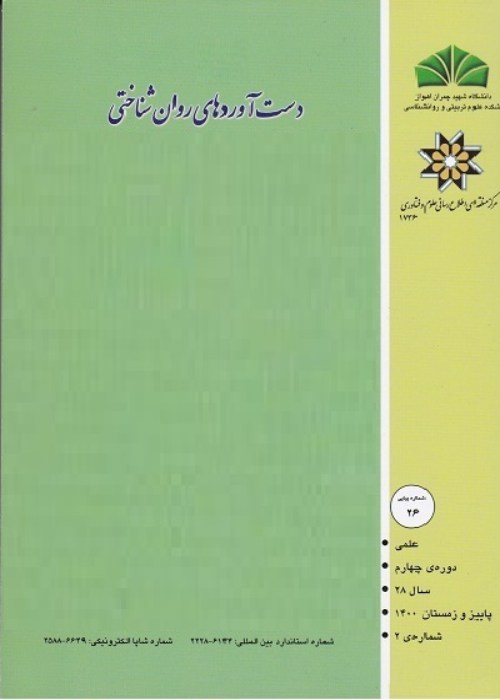Analysis of the Moral Inteligence Concept from the Point of View of the Conselling PhD Candidates: A Qualitative Study
Moral intelligence refers to the capacity to distinguish between true and false, practice strong moral beliefs and behave in a way that is morally right. This study aimed to investigate the perception of Counseling Ph.D. Candidates about Moral Intelligence.
This research method was qualitative and based on the thematic analysis approach. The statistical population consisted of counseling Ph.D. Candidates of Allameh Tabatabai University Counseling in the academic year 1399-1400 who had completed at least one year of their doctoral program. 13 participants were selected using a non-probability purposive sampling method. Sampling continued until data saturation was reached. Data was collected, coded, and categorized into themes using a manual method.
The data content analysis identified 121 open-source codes, 30 sub-themes, 9 main themes, and kernel themes. The main themes and kernel themes were 1) self-management (maintaining intellectual and emotional control, abstinence, control, and self-care (virtue), mental health improvement, and internalizing moral norms), 2) moral-based conscious action (recognizing moral condition, self-monitoring (consciousness), awareness of the effect of one's action on others, awareness of moral intelligence principles), 3) responsibleness (loyalty, commitment to improving mental health, acceptance of the implications of one's decisions and actions, being responsive to the implications of one's actions, commitment to the rights of others), 4) attention to honesty (clearness in relation, integrity of speech and behavior, integrity of values, and individual performance), 5) having mercifulness (social interest, empathy, paying attention to the principle of usefulness, tendency to caring), 6) fairness (unfavorable use of social position, not to misuse of professional positions, the principle of what you like about yourself to like for others), 7) tolerance (psychological flexibility, reflection on speech action, patience in action),
8) paying attention to respect (respect for the cultural nature of phenomena, respect for the privacy of others, respectful behavior and speech), and 9) forgiveness (self-forgiveness, forgiveness (others)).
According to Counseling Ph.D. Candidates, moral intelligence is effective in their behavior. Developing moral intelligence by recognizing moral situations and acting based on ethical principles helps a person avoid harming themselves and others. Strengthening the moral intelligence of students can lead to the consolidation and development of values and commitments, therefore, moral-based performance in them, and consequently in society. The moral performance of experts in the field affects society directly, and paying more attention to the moral attitudes of individuals working in this field can lead to the development of ethical attitudes in society.
- حق عضویت دریافتی صرف حمایت از نشریات عضو و نگهداری، تکمیل و توسعه مگیران میشود.
- پرداخت حق اشتراک و دانلود مقالات اجازه بازنشر آن در سایر رسانههای چاپی و دیجیتال را به کاربر نمیدهد.


